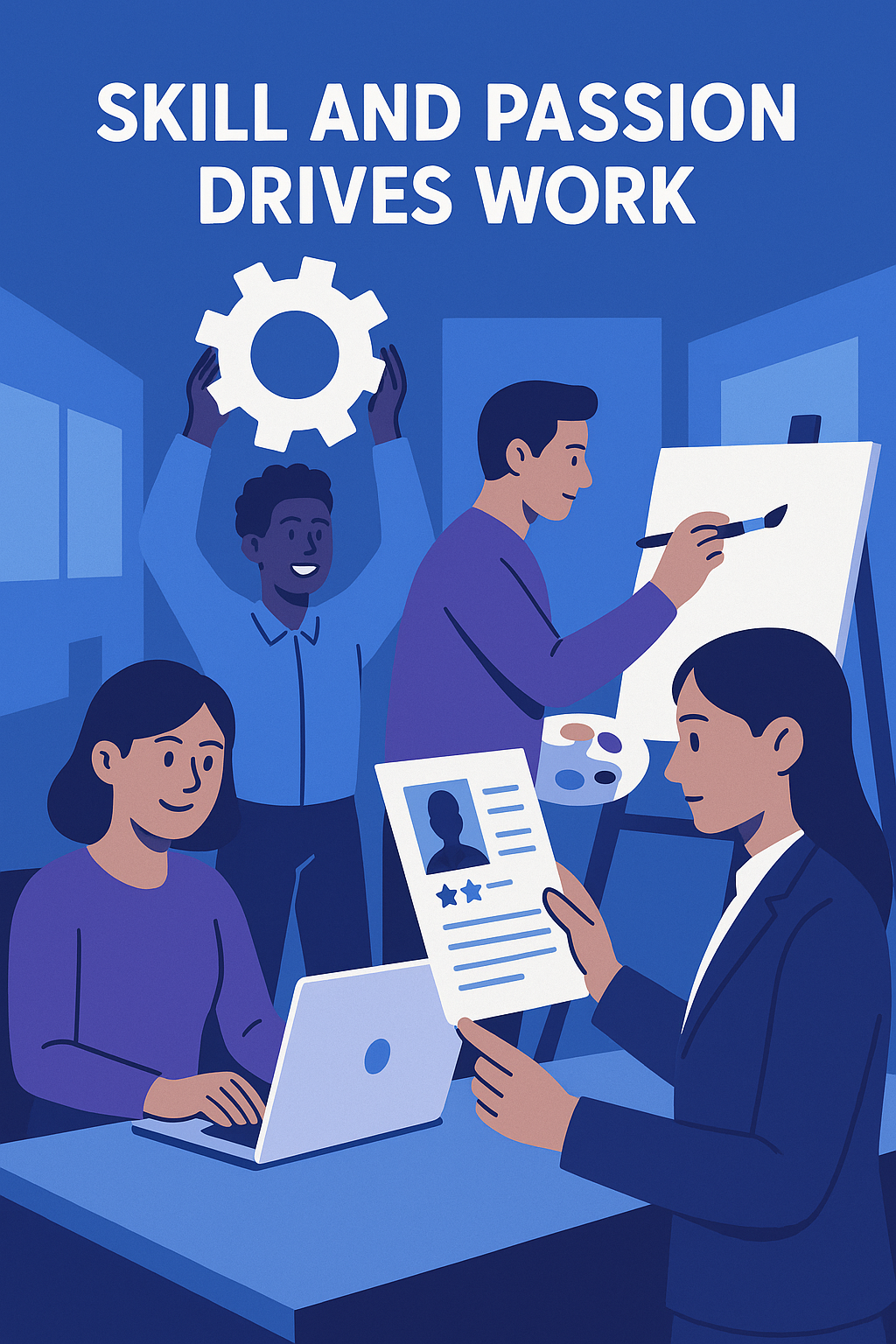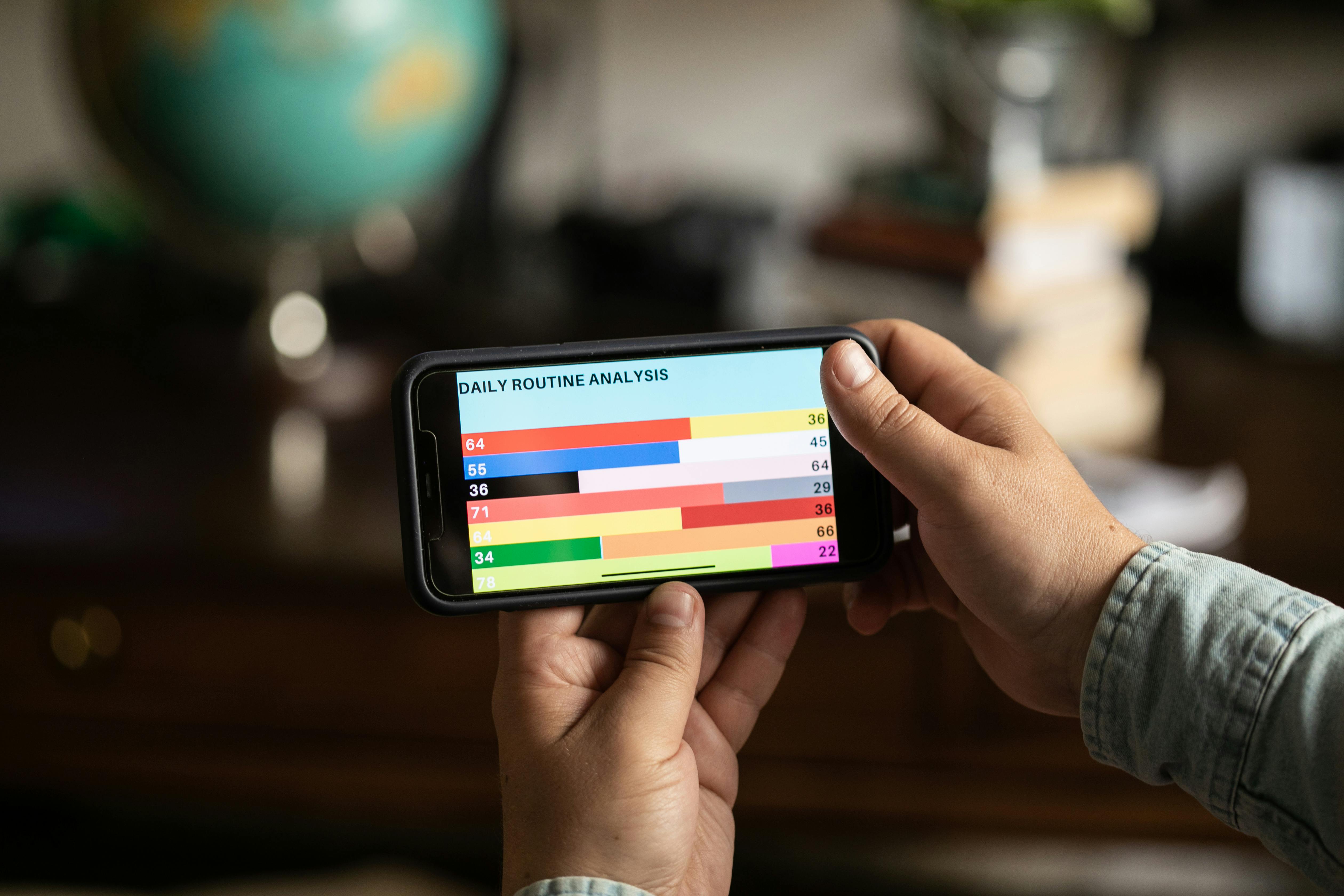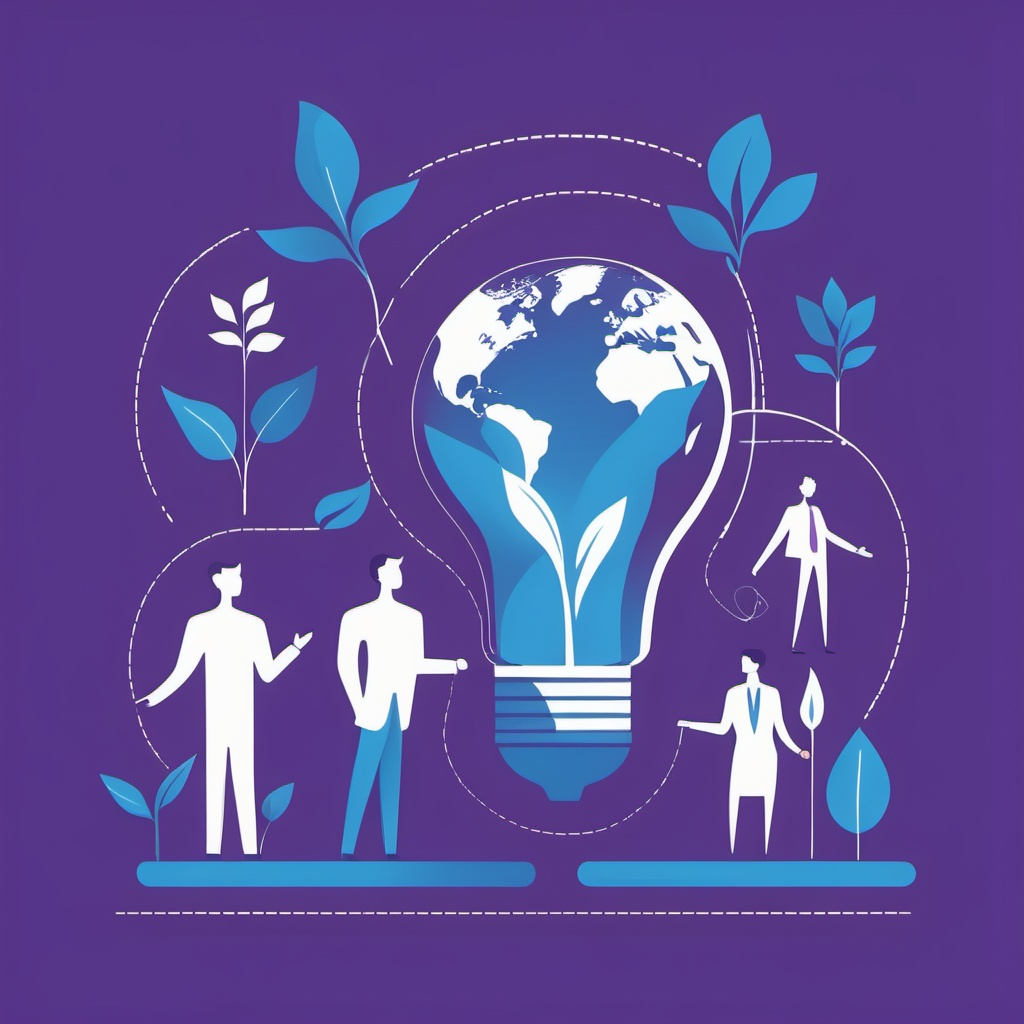Skill & Passion-Driven Work: The New Task-Based Job Design

Design is not the narrow application of formal skills, it is a way of thinking.” -Chris Pullman
Imagine a workplace where you’re known not by your job title, but by the unique blend of skills and passions you bring to the table. This is the promise of task-based work design-a future where jobs are deconstructed into discrete tasks, matched to the right people, and powered by what truly motivates us.
The Shift: From Jobs to Skills and Passions
Traditional jobs are rigid, built around fixed roles and hours. But as Forbes notes, forward-thinking companies are moving away from the outdated nine-to-five, instead embracing flexible, results-driven models that prioritize what people can do over where or when they do it. This shift means employees can focus on what they’re best at, when they’re at their best.
“By decoupling some work from the job… people can be freed from being defined by their jobs and instead be seen as whole individuals with skills and capabilities that can be fluidly deployed to work matching their interests.” –Deloitte
Why Task-Based Design Works
Flexibility & Autonomy: Employees gain control over their schedules, boosting satisfaction and productivity.
Better Work-Life Balance: Tasks are matched to personal rhythms and passions, not just job descriptions.
Attracting Talent: Companies that trust and empower people become magnets for top talent, especially in a world hungry for meaning at work.
Focus on Results: Success is measured by outcomes, not hours clocked, unlocking higher efficiency and engagement.
Building a Human-Centered Workplace
As Forbes highlights, when organizations see work as an integral part of life-not just a burden-they create environments where people thrive, not just survive. This requires clear goals, trust, and the right tools to support self-organization and collaboration.
Designing for the Future
To succeed, leaders must:
Define clear, outcome-based tasks.
Use technology to enable seamless collaboration.
Foster a culture of trust and continuous learning.
Conclusion
“Working on the right thing is probably more important than working hard.” -Caterina Fake
The future of work belongs to those who see beyond job titles, unlocking the full spectrum of human potential through skills, passions, and purpose. Task-based work design isn’t just a trend-it’s a reinvention of what it means to work, live, and thrive.
References
https://www.forbes.com/sites/cherylrobinson/2025/02/22/the-future-of-workplace-success-focuses-on-results-achieved-not-hours-worked/
https://www2.deloitte.com/us/en/insights/topics/talent/organizational-skill-based-hiring.html/#endnote-1









